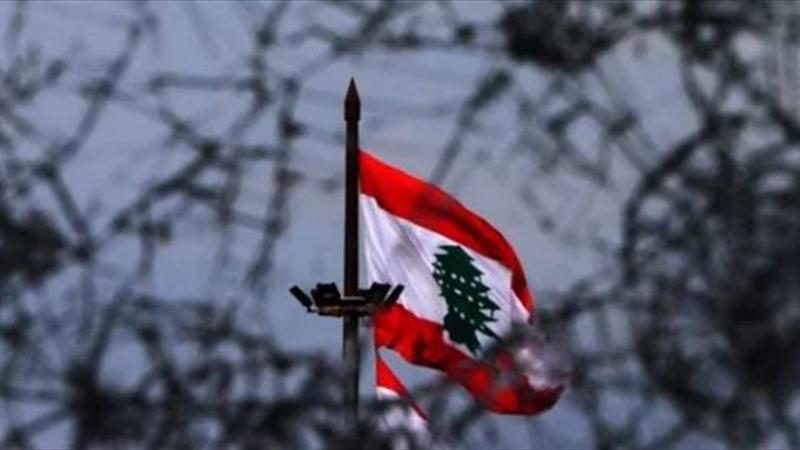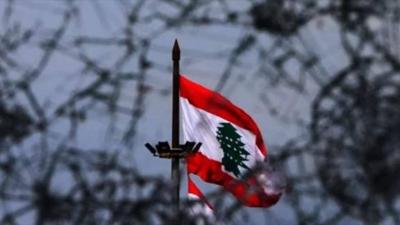In a frantic race between diplomacy and war, international diplomatic efforts have intensified recently regarding the explosive situation on the Lebanese-Israeli border. Lebanon and Israel stand on the brink of a large-scale war that could erupt at any moment, leading to significant and grave complications. The "Hezbollah," which initiated the series of border skirmishes with Israel the day after the "Al-Aqsa Flood" operation, refuses to cease fire, while Israel deems the continuation of skirmishes, which have transformed in recent weeks into a war of attrition on the northern border, unacceptable. Consequently, the risks of war on Israel's northern front have increased, to the extent that it has been suggested that the countdown to war has begun.
The danger of any war that might erupt between Israel and "Hezbollah" is attributed to two factors: first, Israel considers since October 7 that it is fighting an existential war, not a border dispute. Therefore, it will wage a fierce war in light of the shock from the "Al-Aqsa Flood" operation, especially as it recognizes that "Hezbollah" might be preparing for a similar operation to breach Israel's northern borders and penetrate the Upper Galilee. Thus, if war breaks out, Israel will frame it under the banner of "No Another Gaza!"
The second factor relates to "Hezbollah," which possesses military capabilities that far exceed those of Hamas and Palestinian factions in Gaza. It is capable of inflicting significant harm on Israel. The group is determined to engage in a war of attrition against Israel, claiming it adheres to the "unity of the fronts" theory, thus relieving pressure on Hamas in the Gaza Strip. However, this party is cautious about a full-scale war, and at a suitable time, it may seek to translate its strength and capability to harm into political gains in Lebanon's power equation, claiming that it alone has the ability to "protect Lebanon" from Israel and acting as a responsible party that does not act recklessly!
The situation indicates that the escalation on the border between Israel and "Hezbollah" has reached its peak, to the point where discussions about the inevitability of war dominate all diplomatic conversations taking place in Beirut since the beginning of this year. Visits from international envoys, the latest being German Foreign Minister Annalena Baerbock and U.S. Energy Advisor Amos Hochstein, have focused their efforts on preventing war through different but complementary approaches.
For the German Foreign Minister, her meetings with Lebanese officials, who are usually tasked with conveying messages to relevant parties, revolved around the dire consequences for Lebanon should a war break out. She suggested ideas for gradually reducing tensions between "Hezbollah" and Israel, including the revival of the role of the international peacekeeping forces operating in southern Lebanon, "UNIFIL," which "Hezbollah" has hindered at every turn over the past years.
The German ideas do not differ significantly from those proposed by French Foreign Minister Catherine Colonna in her recent visit to Lebanon, where the focus was on returning to and fully implementing Resolution 1701 by both Lebanon and Israel. In other words, it allows "Hezbollah" to pull out militarily from southern Lebanon comprehensively and for Israel to refrain from any violations of the resolution.
Meanwhile, the U.S. envoy to Beirut carries broader solutions aimed at definitively resolving the crisis. The American idea is to defuse tensions between the two sides by completing the demarcation of land borders (similar to the maritime borders) between Lebanon and Israel, thereby eliminating all pretexts for "Hezbollah" to conduct operations against Israel under the guise of "liberating Lebanese territories." However, this American endeavor confronts the reality that land border demarcation will not extend to the Shebaa Farms, which Israel refuses to vacate. Additionally, "Hezbollah" links the ceasefire to the end of the war in Gaza, making both issues exceedingly complex.
From this perspective, one can understand the grim expressions on the faces of Lebanese officials, particularly caretaker Prime Minister Najib Mikati. They realize that the decision is not within the hands of the government and legitimate institutions in the country. They also understand that all proposals on the table remain hostage to an armed force that operates on a non-Lebanese timetable!




